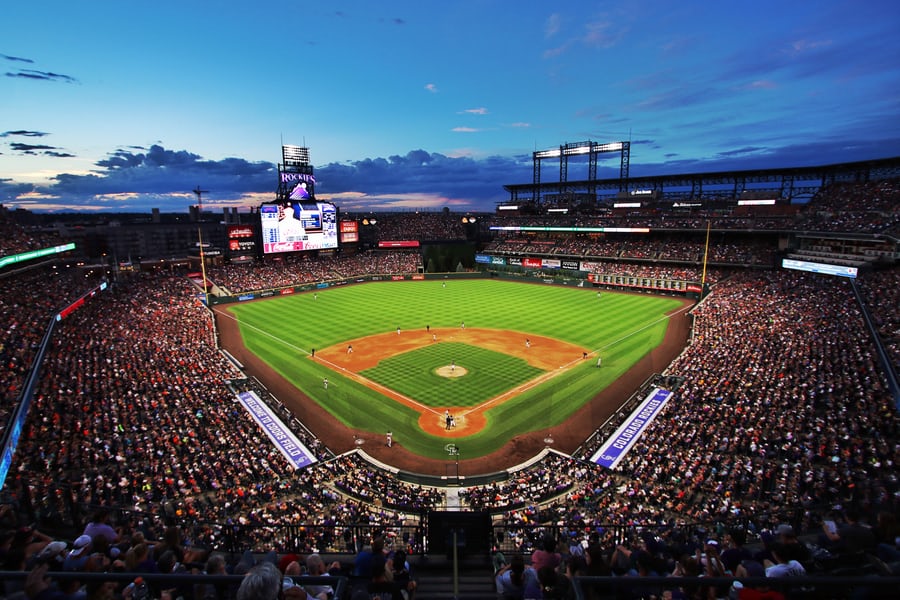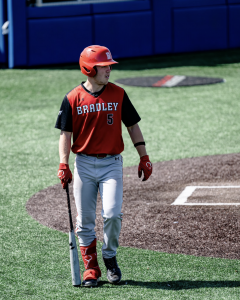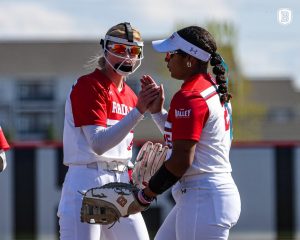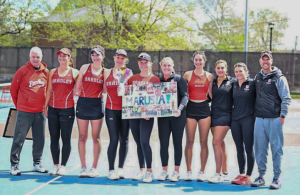It’s been 27 years since the last time baseball was stopped due to labor disagreements, and despite baseball experiencing seven other work stoppages in its history, all the signs seem to be pointing to yet another lockout.
For a sport that has dedicated itself to expanding its audience in recent years, while trying to make the game more enjoyable for fans, wouldn’t actually being able to play be the most important factor?
Unfortunately for fans, it’s not that simple. Since 1968, Collective Bargaining Agreements (CBAs) have helped both MLB and the MLB Players Association in governing the game. Matters like the number of regular season games, playoff format and player salaries are discussed and dealt out in these CBAs. It’s when both sides hit a roadblock in these discussions that things can become ugly.
The current CBA, which was ratified in December of 2016, is set to expire the night of Dec. 1, and as the days dwindle on by, the chances of a new deal before then have become increasingly stark.
The problem
What makes a new CBA difficult is the growing tension between the league and the MLBPA, which took an ugly turn before the pandemic-shortened season in 2020.
When MLB canceled the remainder of spring training and pushed the start of the season back two weeks before postponing the season altogether, they had already begun to look at how a season could unfold in a country ravaged by COVID-19.
Both MLB and the MLBPA threw proposals each other’s way, but each attempt only resulted in bitter feelings between both sides. The continued disagreements eventually led to the MLB owners enacting a 60-game season, one that the MLBPA filed a grievance on due to it claiming MLB didn’t act in good faith in negotiations.
While this grievance (which seeks $500 million in damages) and MLB’s counter grievance are still in play, there are even more problems in the way as well.
Among the disagreements that are halting a new CBA from being ratified would be an expanded playoff field, a possible salary cap and universal (designated hitter rule.
Where the owners stand
It’s no surprise that both sides will continue to fight for more money at the end of the day. That’s why one of the main ticket items for MLB and its owners is an expanded playoff format. This expanded field has been discussed in a multitude of ways, with 12, 14 and even 16-team fields being suggested as options to build upon the current 10-team format.
An expanded playoff would mean a higher revenue from television contracts as well as tickets. This provision would include more fan bases to watch their team have a chance to win it all, which would help MLB’s goal of building its brand overall.
While this would help both parties, it heavily favors the owners, hence why the player’s union has rejected the idea in recent talks.
Where the players stand
One of the main points that the players are increasingly concerned about is a possible salary cap. Any mention of a plan that tries to even out big market and small market spending, and the average MLB player is likely to push back. Owners have tried to implement a cap of how much teams spend for years, but each proposal has been shot down from the players union.
To say that the players only care about a possible salary cap would extremely undermine their position. The union has made it known that just about everything in the current CBA is up for change. Items like rewarding teams that spend instead of “tanking” for a better draft pick, and changes to service time compensation are among the many items the MLBPA has brought to the table.
The main problem with the players’ conditions, in the eyes of the owners, is that these possible changes, or non-changes (like the salary cap), would be more beneficial for the players rather than the owners and league itself.
Why both sides need to step up to the plate and play as a team
Just a year ago, when the country was in the midst of the pandemic, MLB simply whiffed on an opportunity to take advantage of a time where people were glued to their televisions.
As the country dealt with confusion, rising deaths and economic troubles, it made the fight between the MLBPA and the MLB look childish, selfish and blind to what the country was concerned with as a whole. For a league that was, and still is, focused on trying to get more people at games — or at least watching them — the fight turned many people who were eager to give baseball a try away.
Now, here we stand at the end of a 2021 season that included historic achievements and rising superstars, and baseball is less than a month away from pressing pause on it all.
While both sides have every right to fight for what’s best for them and their group, wouldn’t the overall growth of the game be the most important issue and most beneficial for both sides here?
Options like a possible salary cap scare players because it limits teams to how much they can spend. While this isn’t as beneficial for the players, a salary cap could help with the competitive integrity of the game. Keeping big markets like the New York Yankees and small markets like the Kansas City Royals equal in spending can benefit the league as a whole.
An expanded playoff, which would make the season last even longer, could help the league by providing more income from television rights and ticket sales, and would provide the players with an opportunity to earn more with an easier path to the postseason.
It’s not time to get nitpicky here. Fans of baseball don’t want yet another season held hostage because of disagreements between these two parties. Those who aren’t into baseball now surely won’t be any closer to watching the sport after hearing of another monetary dispute.
I love baseball; it’s a beautiful sport that can really be adored when an audience buys in. MLB and the MLBPA alike need to realize and understand that another strike or lockout could slash any gains, if any, the sport has made in recent years.
Once-in-a-lifetime players like Shohei Ohtani and young rising stars like Luis Robert need to be given the chance to bring more fans into the game. It’s time for these two parties to compromise and end this dispute.
Dec. 1 is on the horizon, and the season is not far after. What occurs between now and then will set the tone for baseball’s future.





